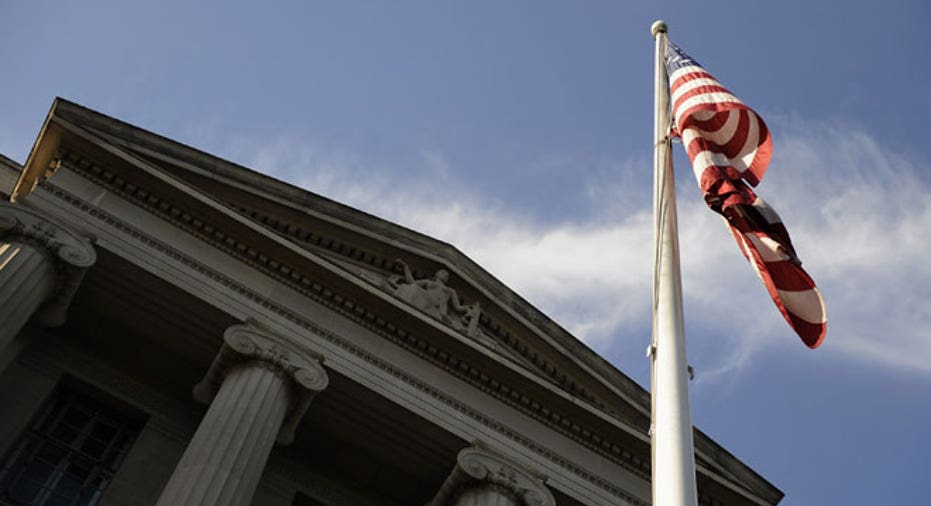U.S. Files Motion to Force Apple to Obey iPhone Order

The U.S. Department of Justice filed a motion seeking to compel Apple Inc to comply with a judge's order for the company to unlock the iPhone belonging to one of the San Bernardino shooters, escalating a showdown between the Obama administration and Silicon Valley over security and privacy.
The Federal Bureau of Investigation is seeking the tech giant's help to access the shooter's phone, which is encrypted. The company so far has pushed back, and on Thursday won three extra days to respond to the order.
The confrontation has pitted privacy advocates, who do not want to give any ground to government efforts to undermine encryption, and law enforcement officials who say people's lives may be at stake unless the shooter's iPhone is unlocked.
"Rather than assist the effort to fully investigate a deadly terrorist attack ... Apple has responded by publicly repudiating that order," prosecutors wrote in the Friday order.
"Apple's current refusal to comply with the court's order, despite the technical feasibility of doing so, instead appears to be based on its concern for its business model and public brand marketing strategy," prosecutors added.
It was not immediately clear whether the new motion was legally necessary. A footnote in the Justice Department's filing acknowledged a separate compel order "is not legally necessary."
A federal court hearing in California has been scheduled for March 22 in the case, according to Thom Mrozek, a spokesman for the U.S. Attorney's Office for the Central District of California.
(Reporting by Julia Edwards, Dustin Volz, Lisa Richwine; additional reporting by David Ingram; Editing by Andrew Hay)



















